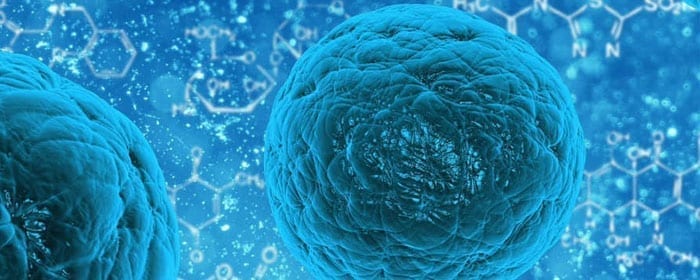Despite innovation in healthcare and the progress we’ve made in medical interventions, there are several diseases and disorders for which there are not adequate treatments. Stem cells are becoming a more popular way of addressing these medical challenges that we have not yet overcome and offer a new way to address the biological mechanisms that underlie them. Where traditional pharmacotherapy has not seen successes, stem cells are showing increasing promise.
Mesenchymal stem cells, in particular, are preferred for certain types of these medical conditions because they confer several advantages over other types of stem cells. For instance, mesenchymal stem cells have a great ability to differentiate and develop into a number of different types of adult tissues. Their properties also make mesenchymal stem cells capable of fighting the inflammation that often occurs in these conditions and causes tissue damage. Similarly, mesenchymal stem cells have immunosuppressive effects that can prevent the immune system activity, including inflammation, that can destroy cells and damage tissue.
Many of the medical conditions that mesenchymal stem cells may help with are degenerative diseases such as Parkinson’s disease, osteoarthritis, and stroke. Parkinson’s disease is a neurodegenerative disorder that is chronic and involves motor dysfunction. In this disease, there are underlying problems with the neurotransmitter system, the dopamine system. Stem cells offer a way to overcome the problems associated with dopamine cell loss and dopaminergic dysfunction. Osteoarthritis is also progressively degenerative but affects the joints. In osteoarthritis, the cartilage becomes damaged and destroyed. Strokes can affect a variety of specific tissues, depending on exactly where they occur but are associated with significant tissue damage. The associated functional problems may be able to be addressed with stem cells.
Exosomes are vesicles that are carried within biological fluids like the blood. They carry genetic material called microRNA that can affect the way genes are regulated. There is growing evidence that through their actions, exosomes may be able to enhance the therapeutic effects of mesenchymal stem cells. Further research will help to clarify both what mesenchymal stem cells can do for patients with degenerative diseases and also how they can work in complement with exosomes to achieve meaningful results for these patients.


 St. Petersburg, Florida
St. Petersburg, Florida
